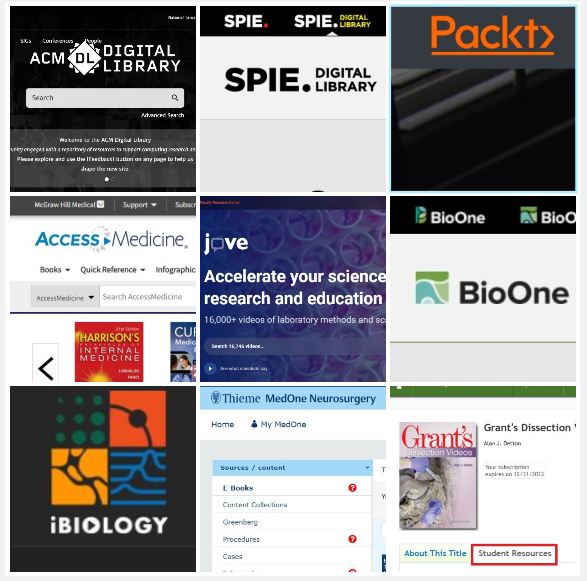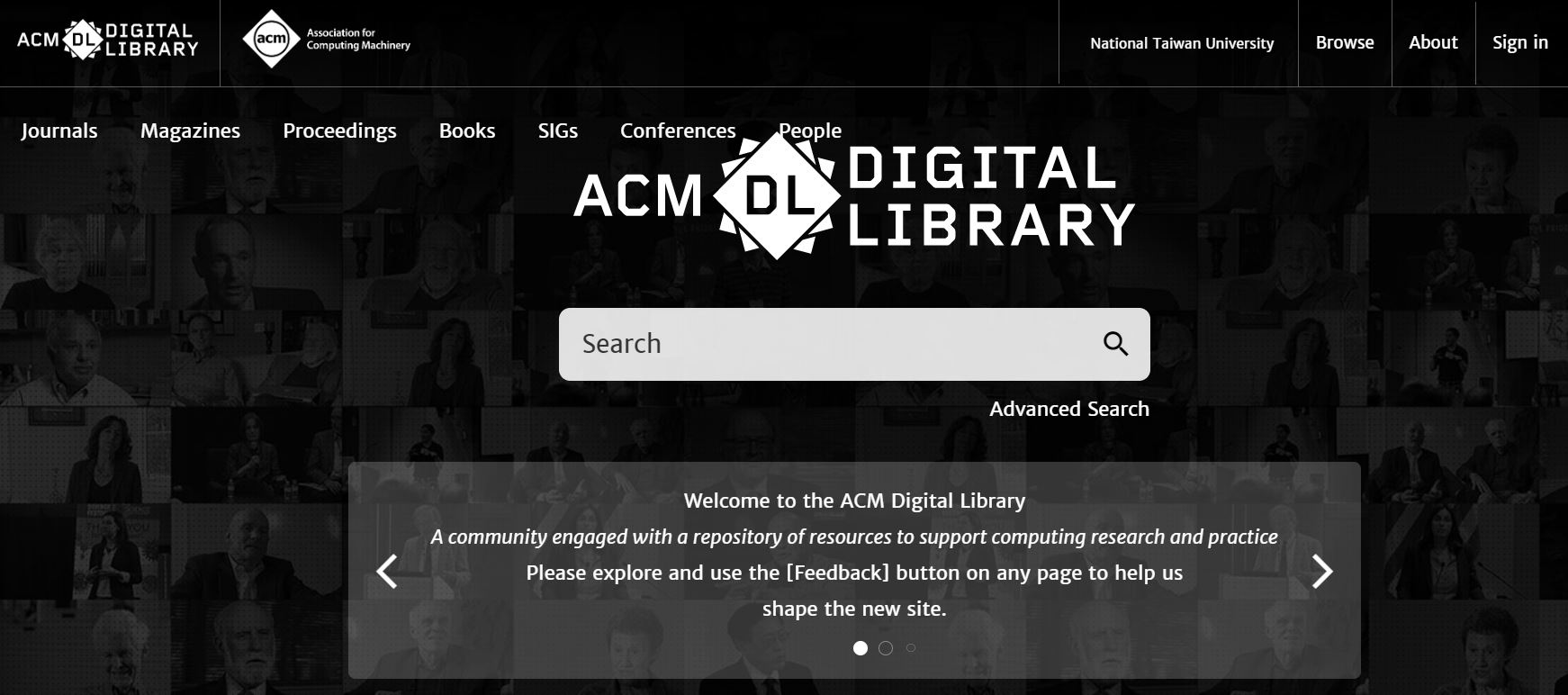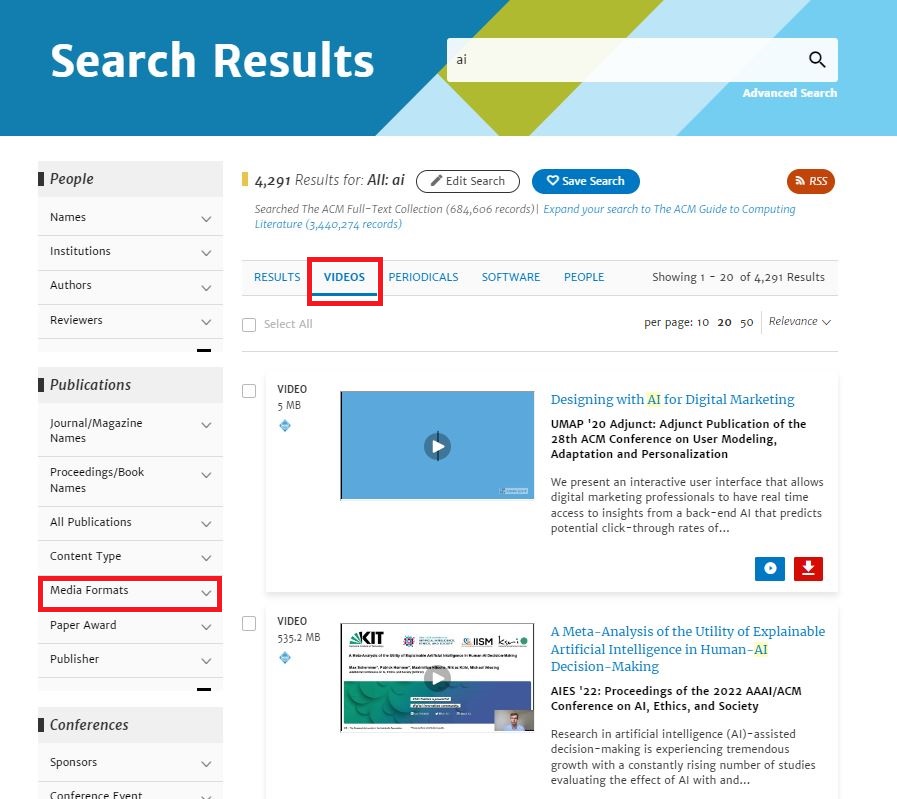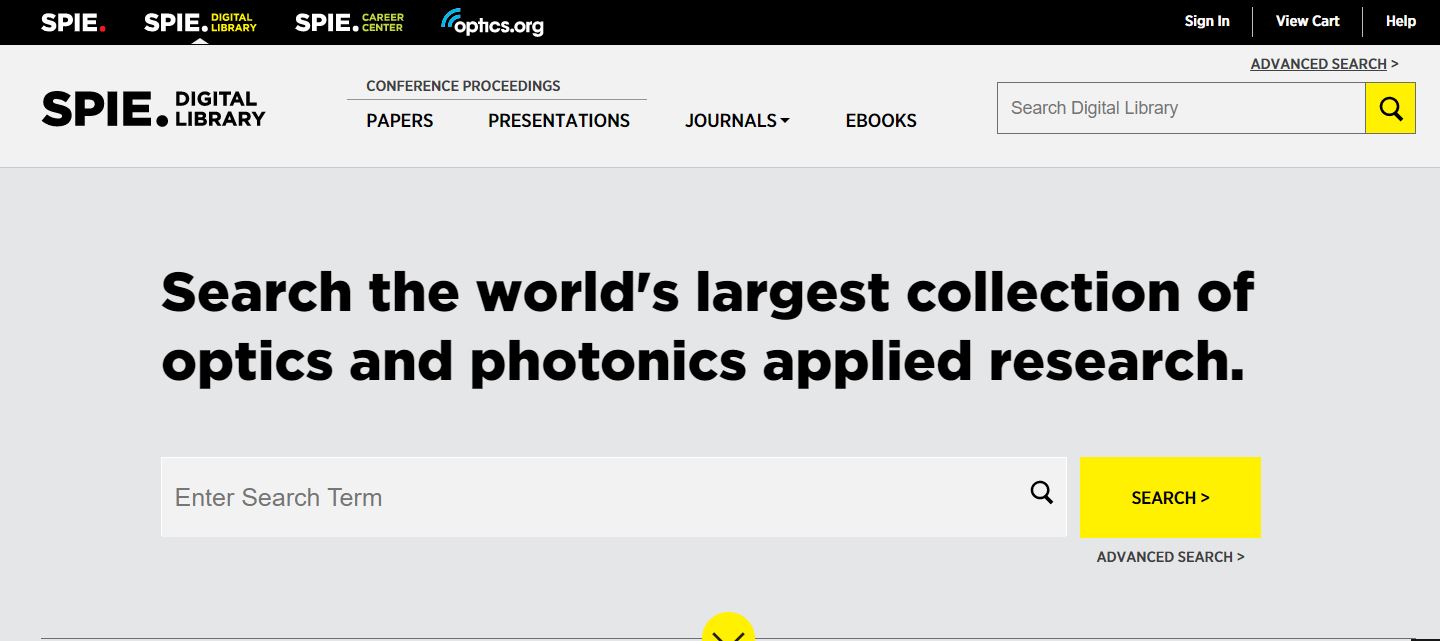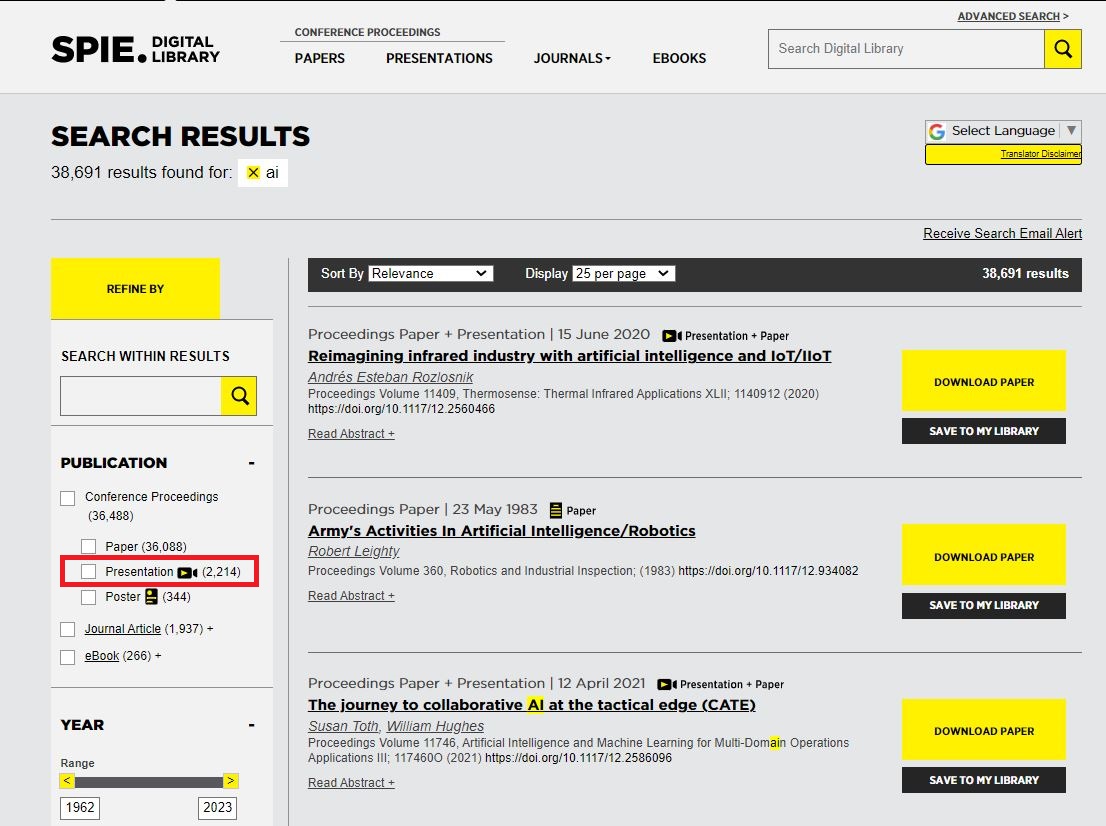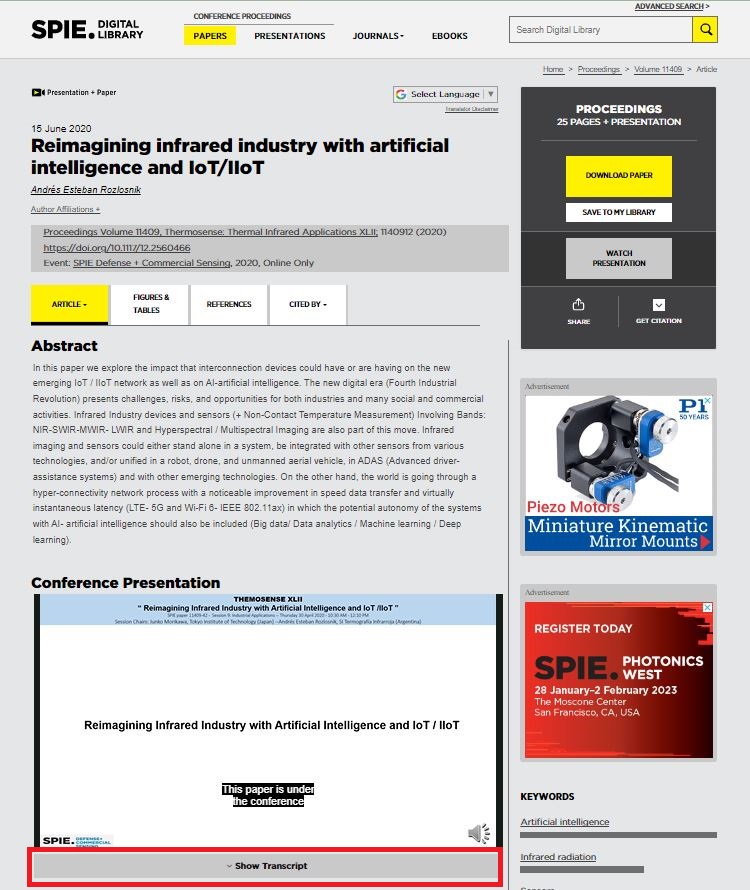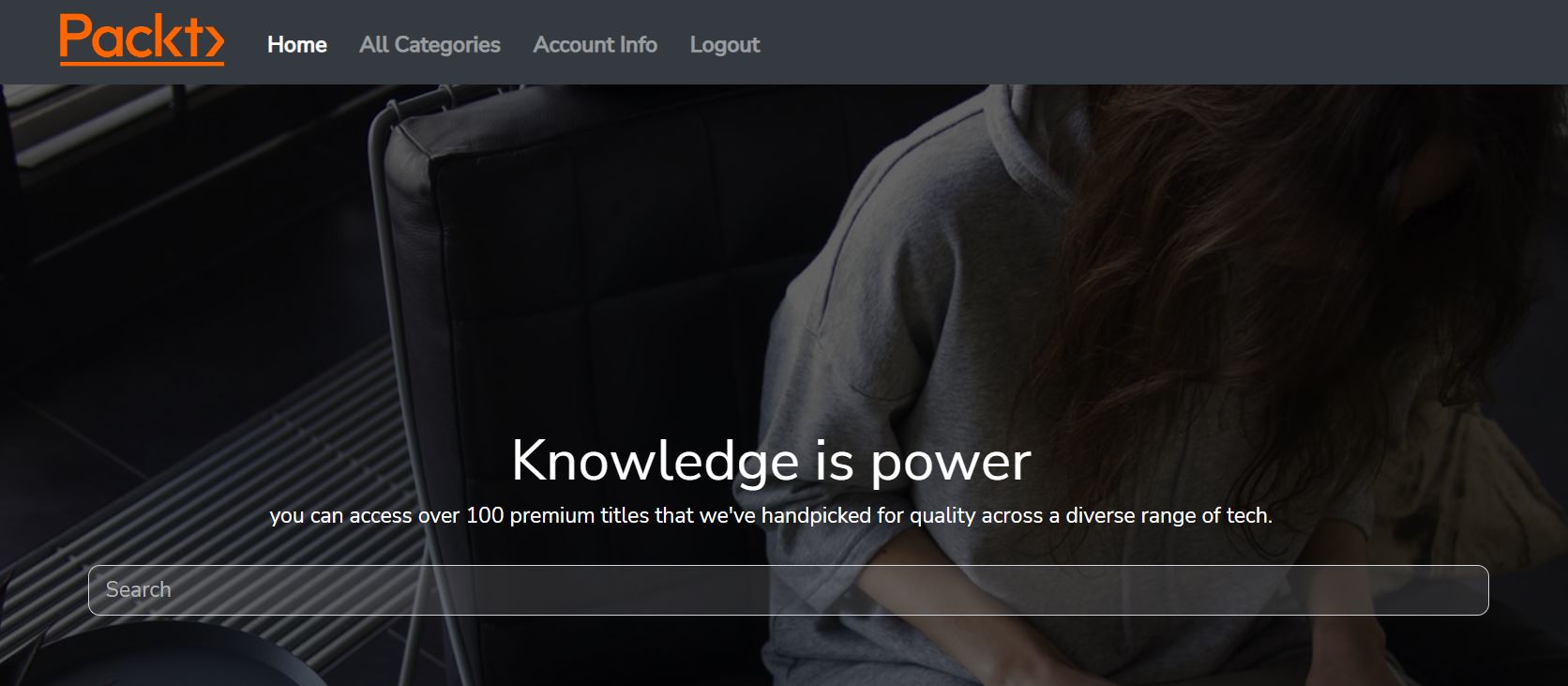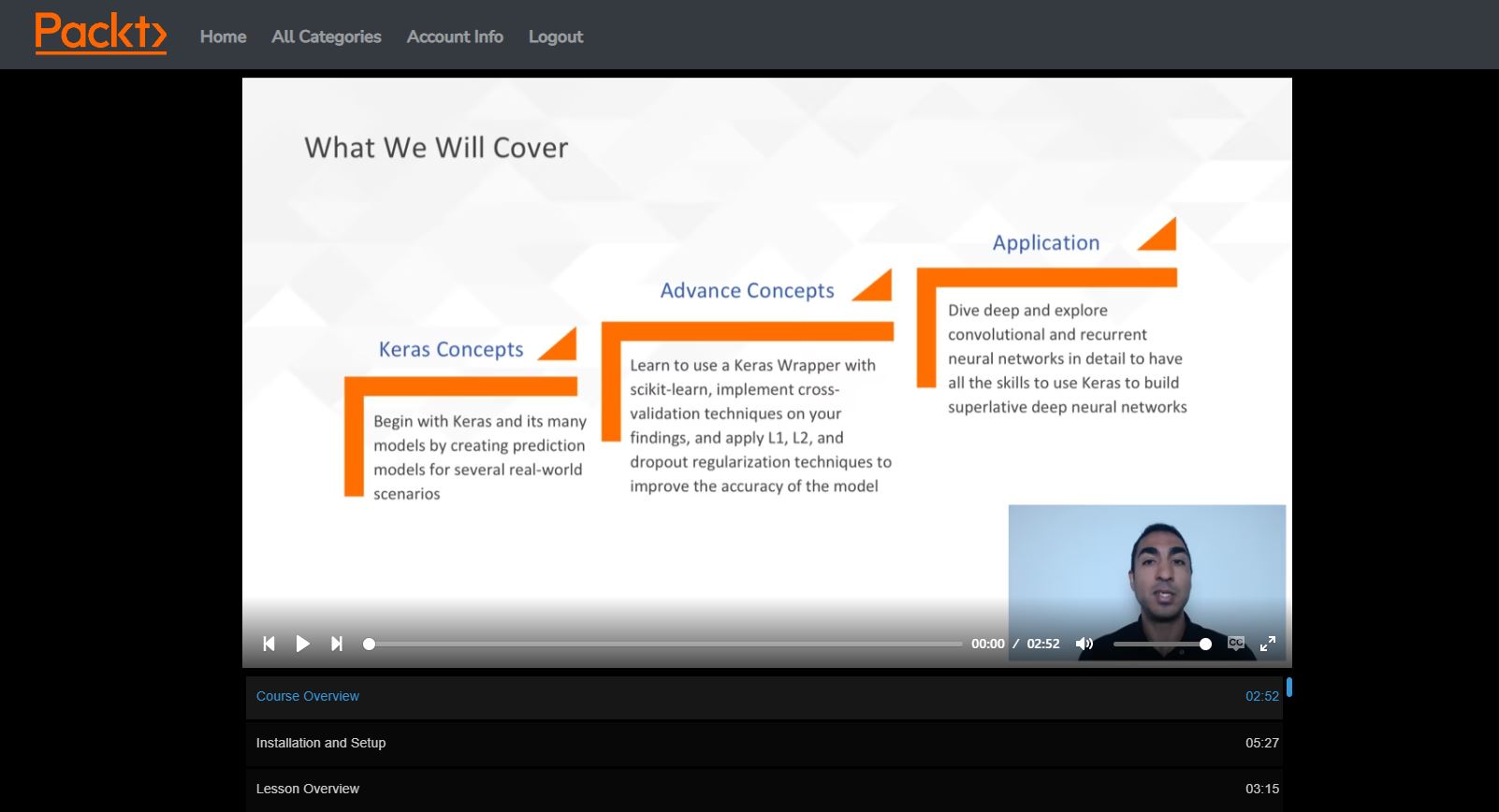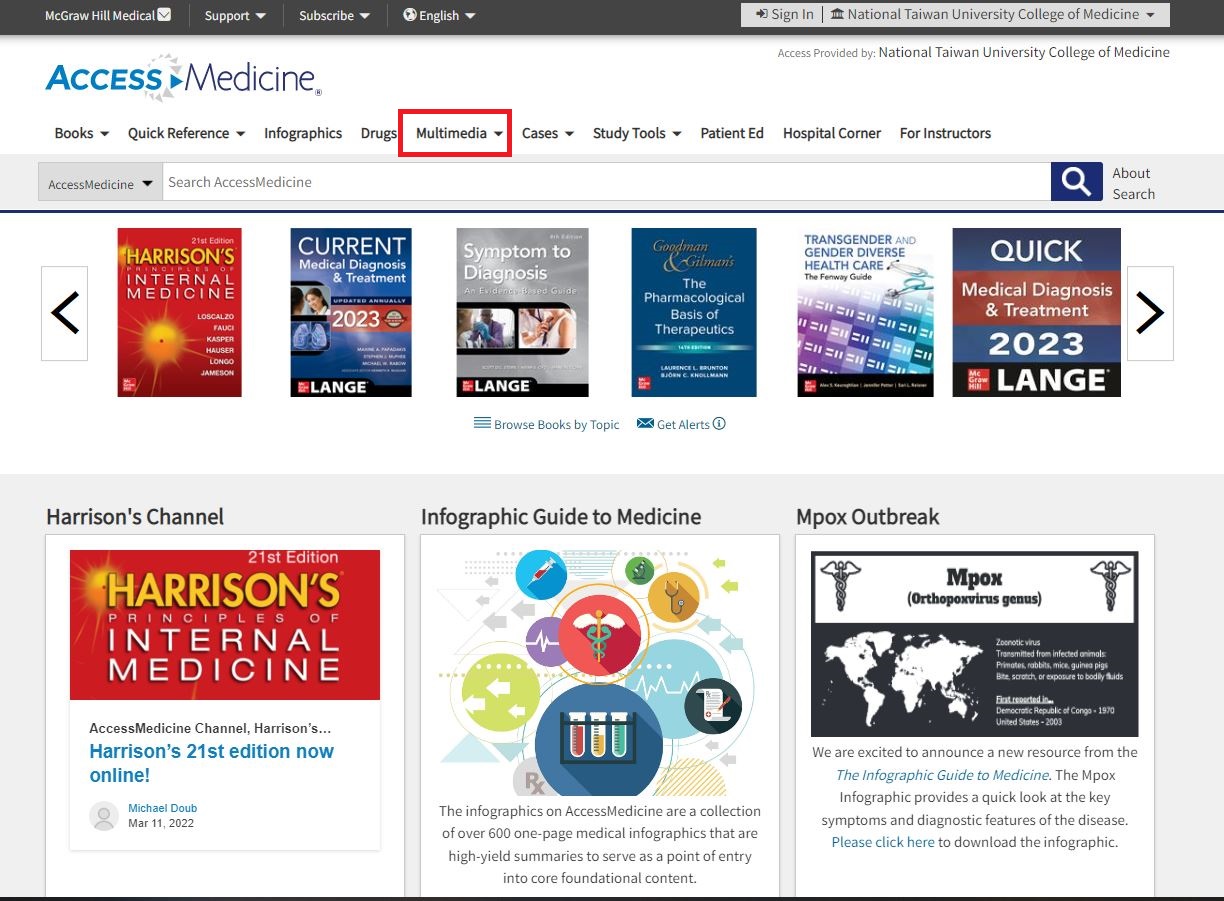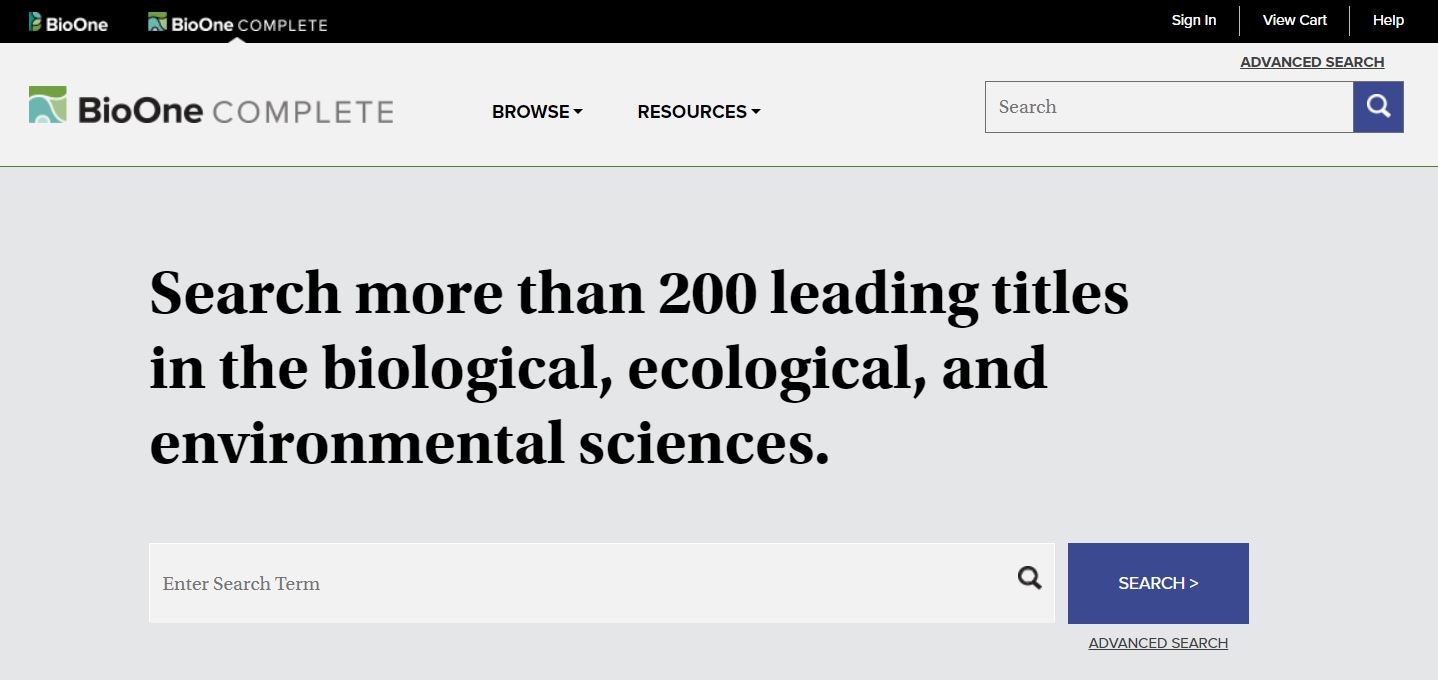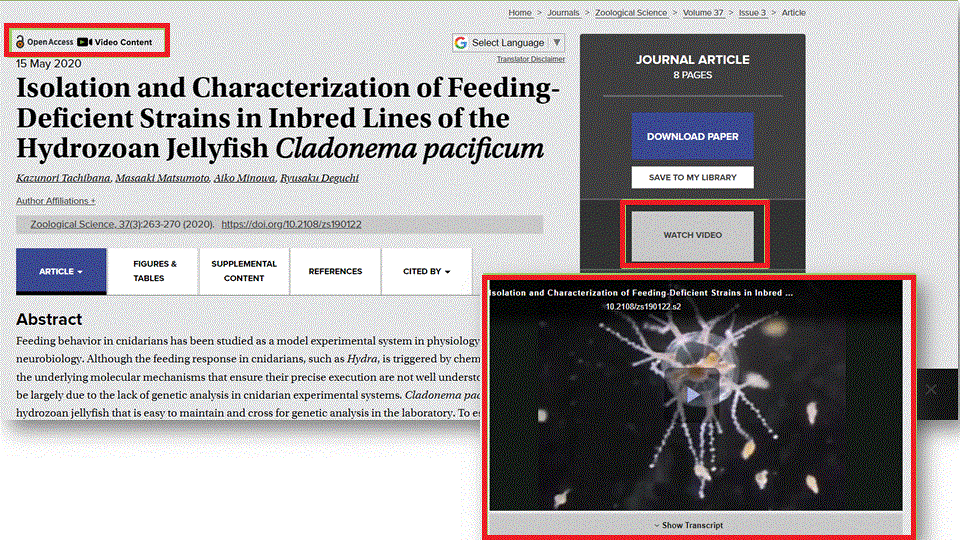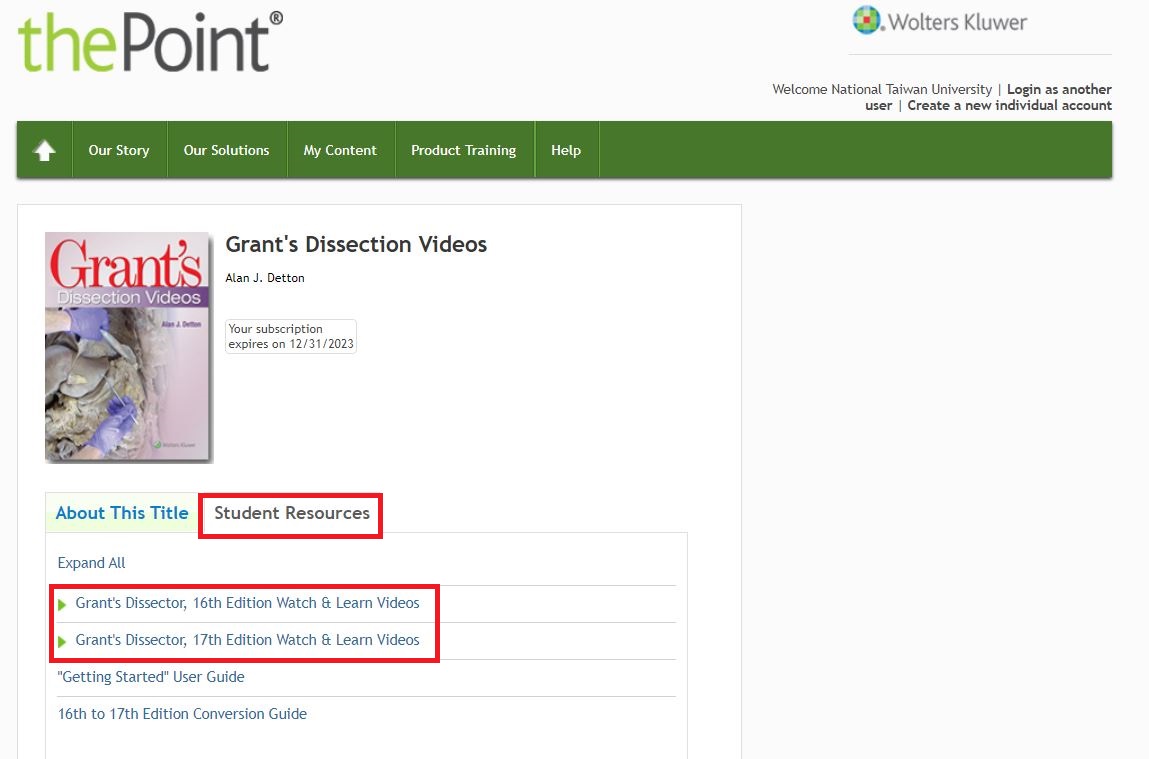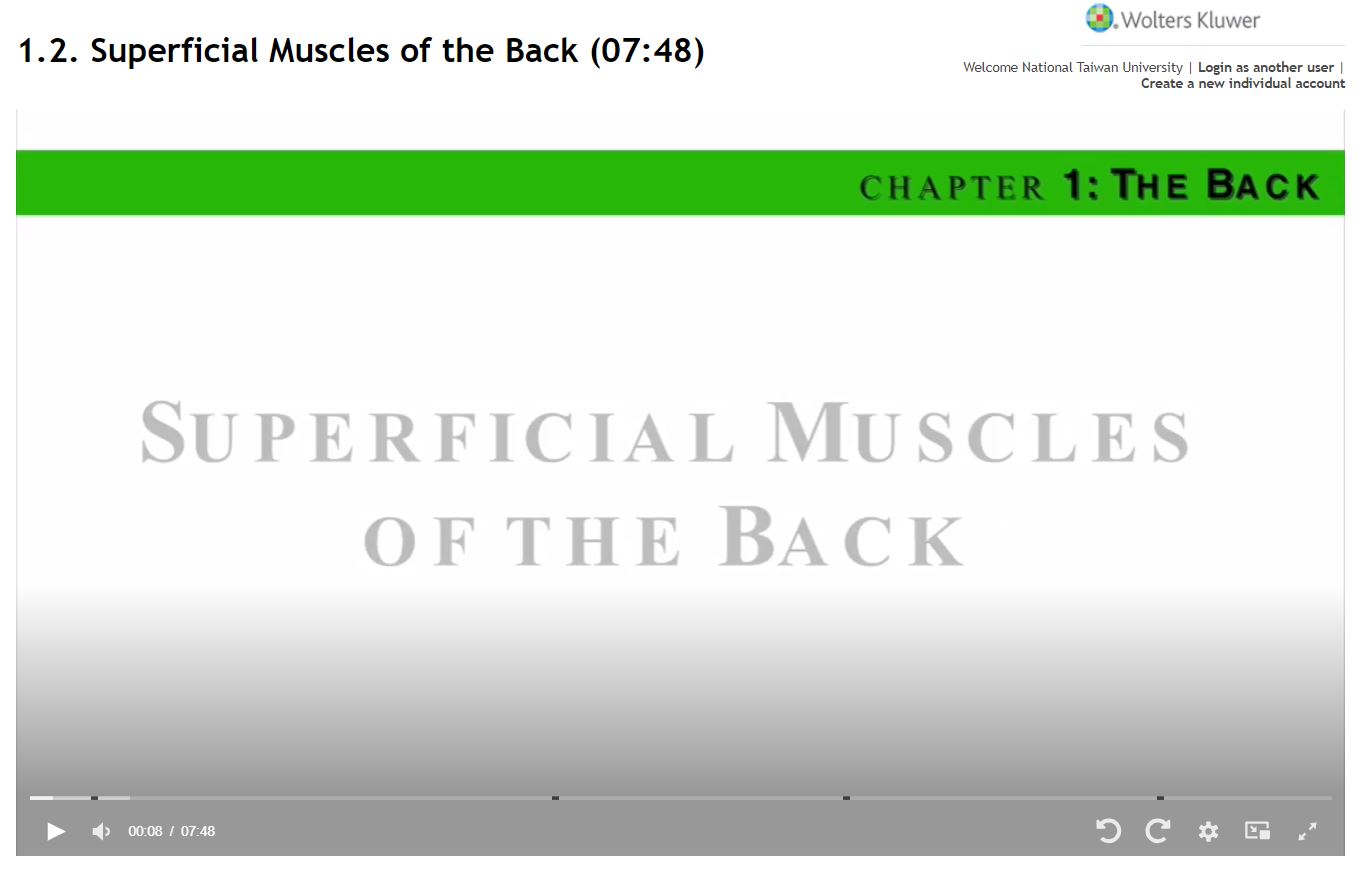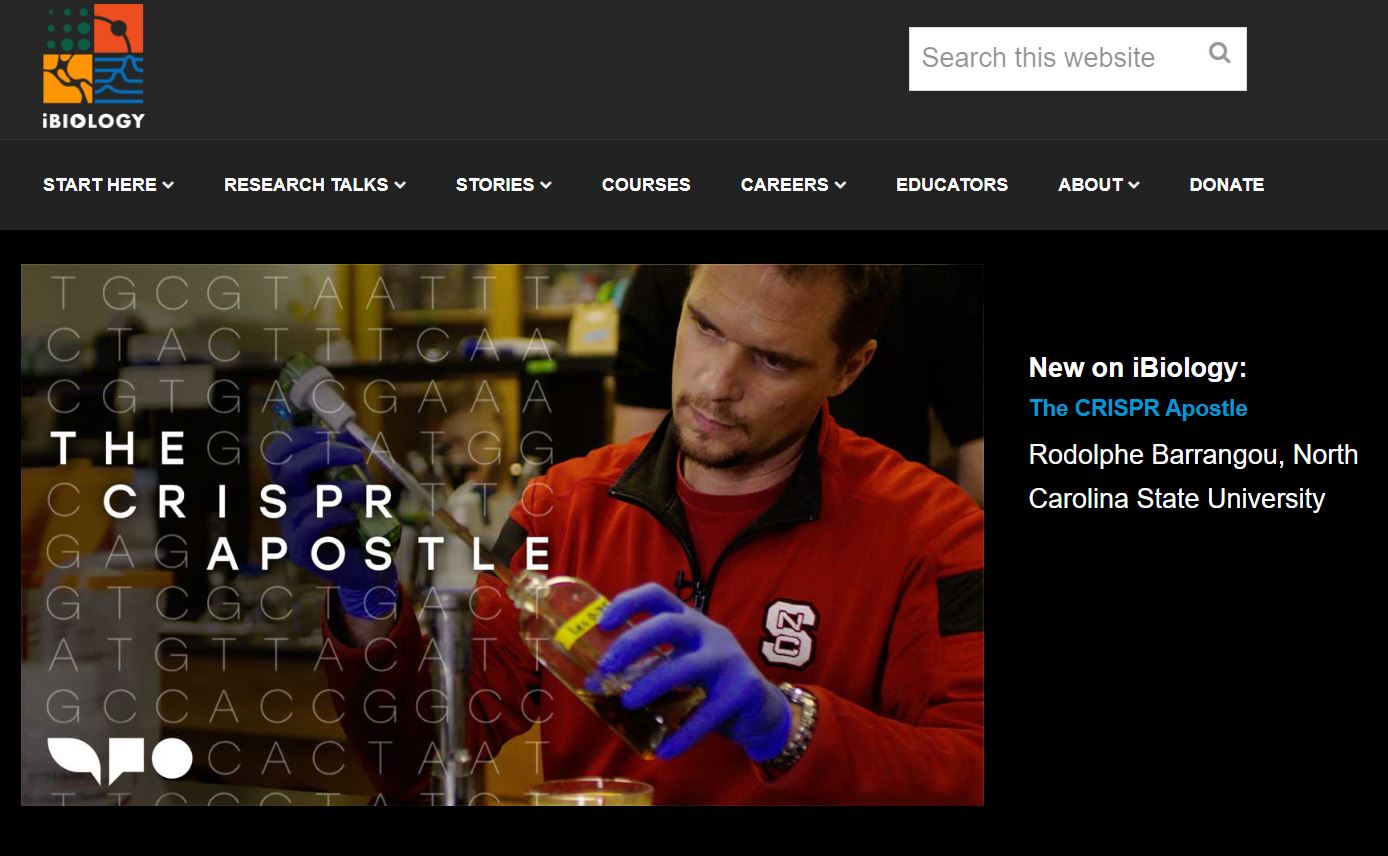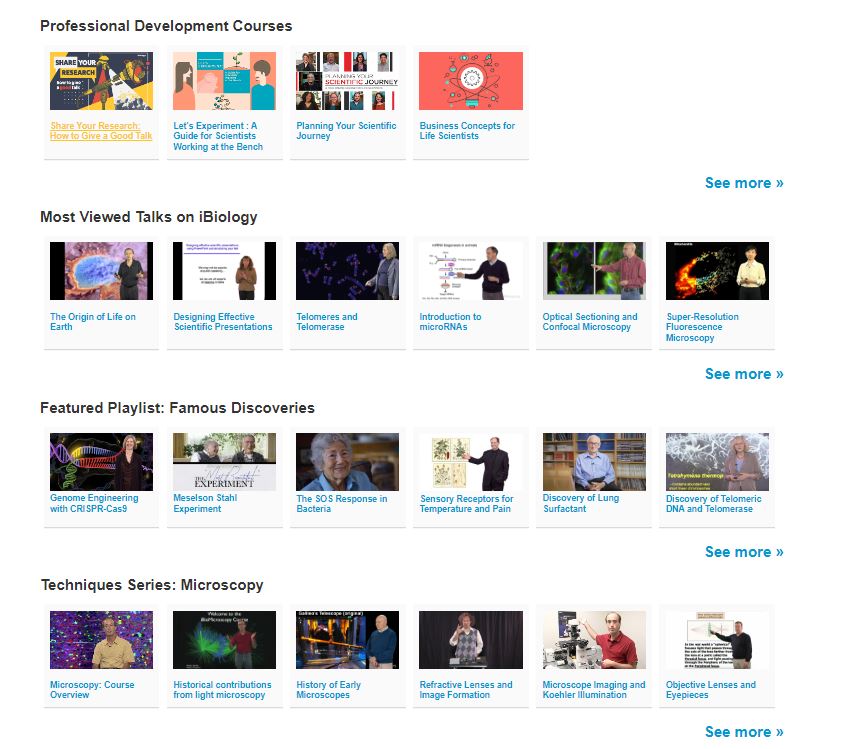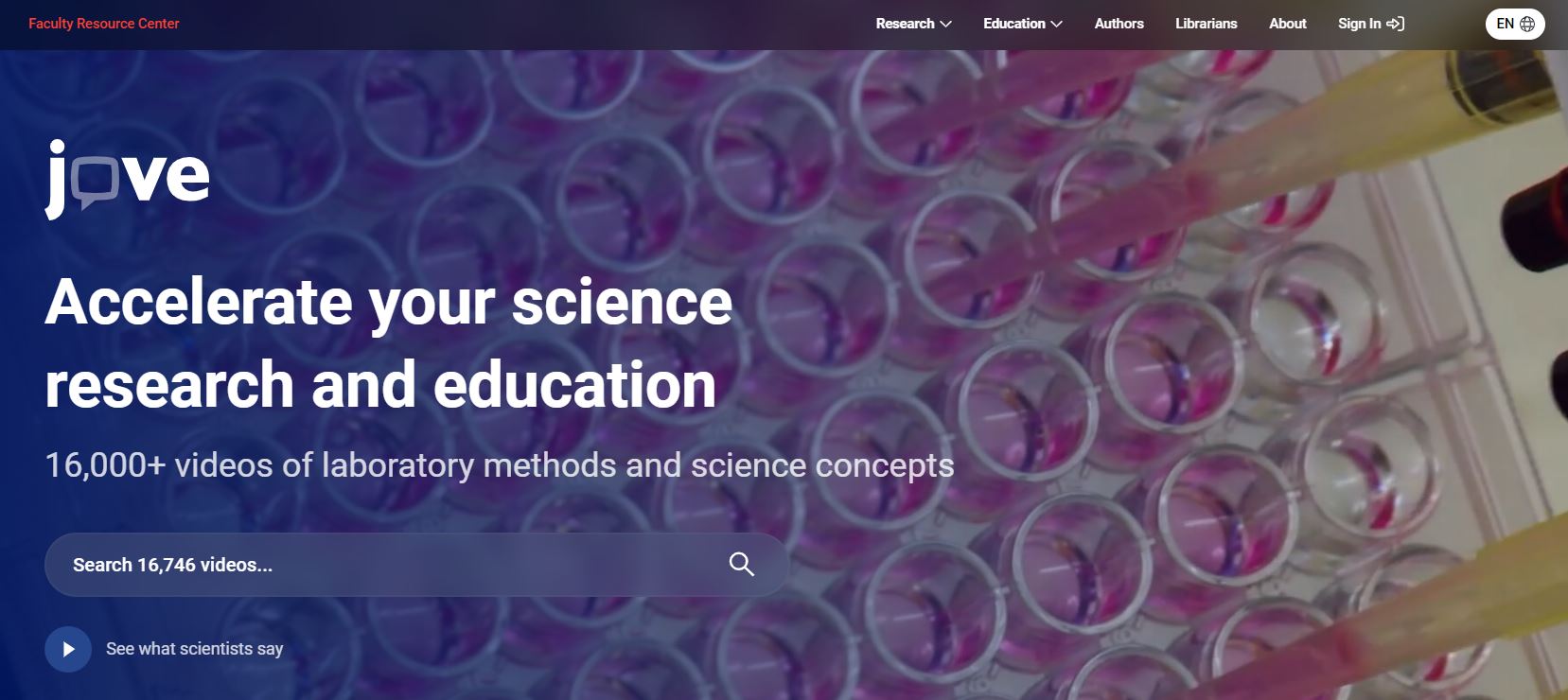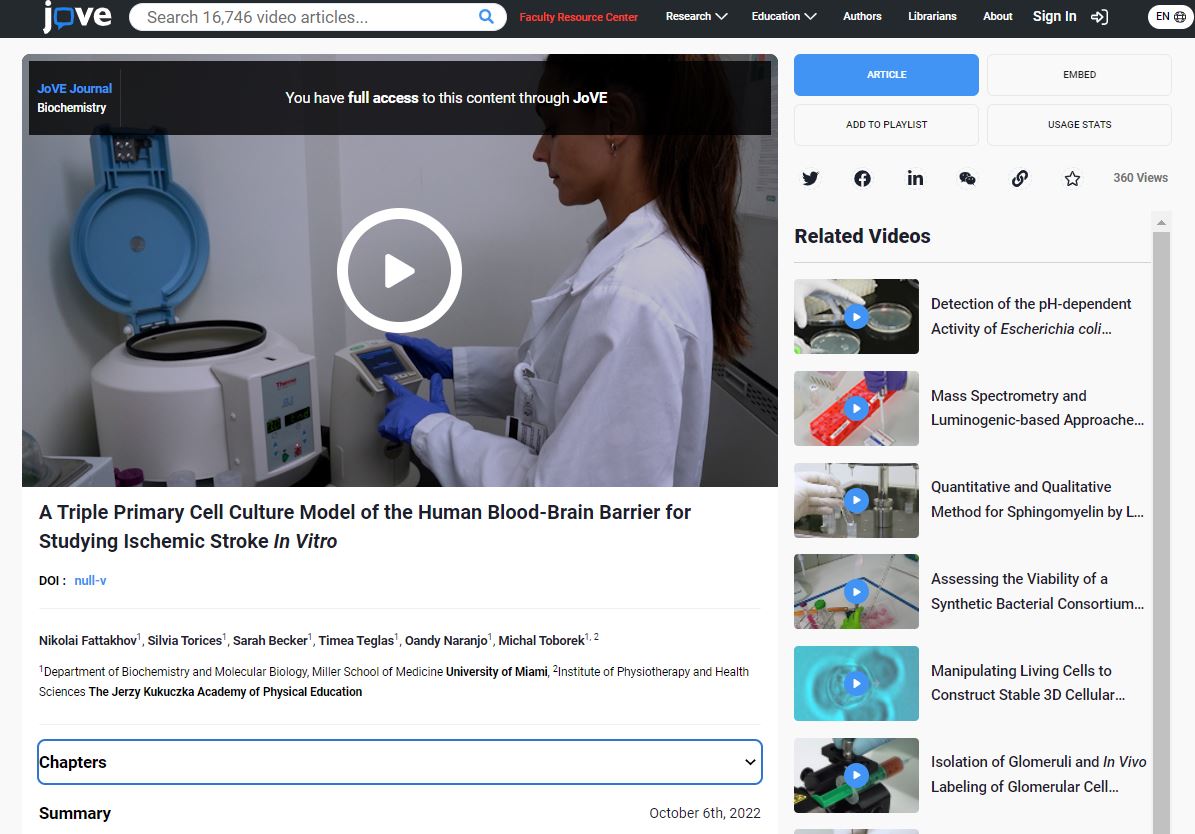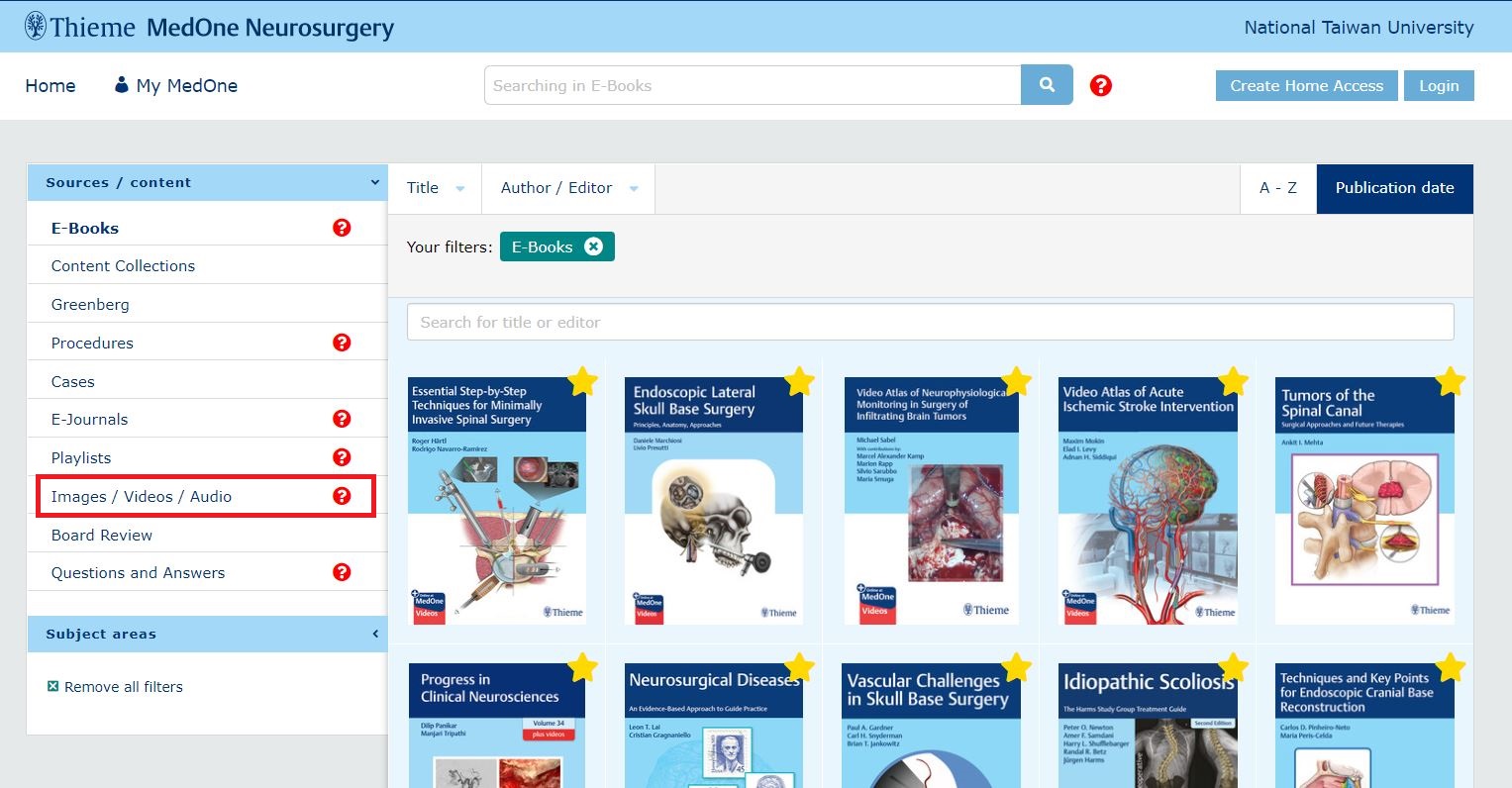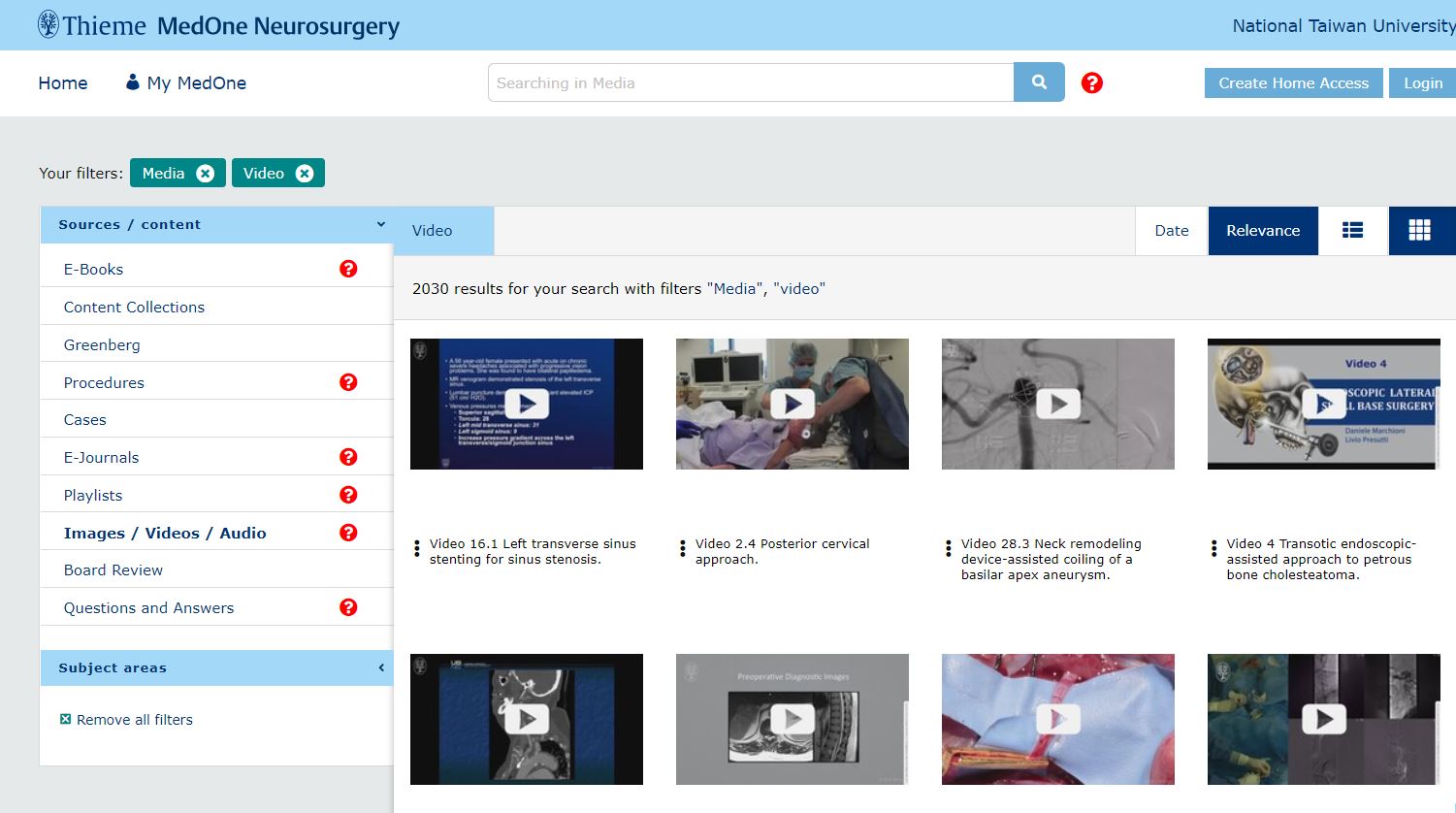Databases for EMI Courses- Science, Technology, Life Sciences & Medicine
The NTU library has a rich multimedia database, which is suitable for EMI courses as teaching materials. In this article, we’ll introduce nine databases of science, technology, life sciences, and medicine. Welcome to make full use of those databases to make the EMI course more interesting!
Science &Technology
1.ACM Digital Library
The ACM Digital Library is a research, discovery, and networking platform focused exclusively on the field of computing containing the Full-Text Collection of all ACM publications and select publishers, including journals, conference proceedings, technical magazines, newsletters, and books. Users can limit search results to videos after searching.
2.SPIE Digital Library
The SPIE Digital Library is the most extensive resource available on optics and photonics, providing unprecedented access to more than 500,000 technical papers from SPIE Journals and Conference Proceedings and more than 450 eBooks from SPIE Press from 1962 to the present. Users can limit the search results to the presentations of the conference proceedings to view related visual resources. The presentations provide transcripts, and users can also search within the transcripts.
3.Packt Video Library
The Packt provides over 5,300 eBooks and 2,500 videos across a vast range of topics, including Python, JavaScript, Data Science, Web Development, and AWS. Powerful full-text search functionality to quickly search the whole library database. It’s a personal knowledge space to manage users’ learning needs and help adapt the service to their skills profile.
Life Sciences & Medicine
1.AccessMedicine
AccessMedicine is an online medical resource that provides students, residents, clinicians, researchers, and all health professionals with access to more than 65 medical titles from the best minds in medicine. It offers authoritative, trusted, and updated content, thousands of images and illustrations, interactive self-assessments, case files, time-saving diagnostics, point-of-care tools, and a comprehensive search platform with an extensive multimedia library – A unique collection of examination and procedural videos illustrating fundamental medical concepts drawn from the world’s most trusted medical textbook, Harrison’s Principles of Internal Medicine.
2.BioOne
BioOne Complete is a full-text database of over 200 subscribed and open-access titles focused on the biological, ecological, and environmental sciences, from anthropology to zoology. BioOne also includes over 100 articles with videos that show behaviors, biological processes, teaching techniques, procedures, and other important information, demonstrating the utility of this emerging tool for scientific communication. Users can find videos by using filters and selecting the “Video” option. With the “video” filter selected, a search will bring up only video results. Please note that NTU users are only entitled to open access and subscription content.
3.Grant’s Dissection Videos
This collection will allow for a deeper and more meaningful understanding of anatomy. Approximately 80 high-resolution videos, totaling more than 13 hours, demonstrate the Grant’s method of cadaver dissection sequences, as described in Grant’s Dissector. Organized by body region, each video includes narration by Dr. Alan Detton and on-screen labeling and text. The videos show students what they are expected to achieve in lab or be used by students that do not have access to a dissection lab, the steps required for each dissection, and the information they need to learn for practical exams. Standard playback functionality includes: Play/Pause, Volume Control/Mute, Time Lapse/Length of Video, Skip Back/Forward 15 seconds, Settings, and Full Screen.
4.iBiology
iBiology is an open-access website of free biology-related pedagogic videos. It provides more than 600 videos regarding lessons and interviews of researchers devoting to fields related to biology. Besides, it offers interactive online biology courses for early career scientists, biology students, and educators. Through those existing video content and a far reaching project seeking to reimagine an introductory biology textbook and support educators who want to incorporate materials that illustrate the process and practice of science into their curriculum.
5.Journal of Visualized Experiments : JoVE
JoVE is an online journal publishing visualized (video-based) biological research studies, techniques, and procedures. Moreover, it remains the first and only peer-reviewed scientific video journal indexed in PubMed / Medline, Web of Science, SciFinder, and Scopus. It publishes more than 100 new videos each month. The video resource of JoVE enables users to quickly and systematically learn new research methods and experimental techniques with detailed text protocols developed at top science laboratories. Besides, Science Education is a video library dedicated to teaching the practice and theory of scientific experiments through engaging and easy-to-understand visual demonstrations.
6.Thieme MedOne Neurosurgery
MedOne Neurosurgery is a gateway to Thieme’s collection of neurosurgical content and a state-of-the-art multimedia platform. Users will find a fully searchable database of hundreds of e-books; step-by-step instructions for core procedures; cases with management and follow-up tips; and thousands of images and surgical videos. It currently covers ten subject areas: Anatomy, Miscellaneous, Neurology, Neurosurgery, Ophthalmology, Orthopedics and trauma, Otolaryngology, Plastic Surgery, Radiology, and Surgery. Users can easily find MedOne videos by using the Images / Video / Audio filter, selecting the “Video” option, and clicking the “Show Selection” button. With the “video” filter selected, a search will bring up only video results.
by Subject Services Division

